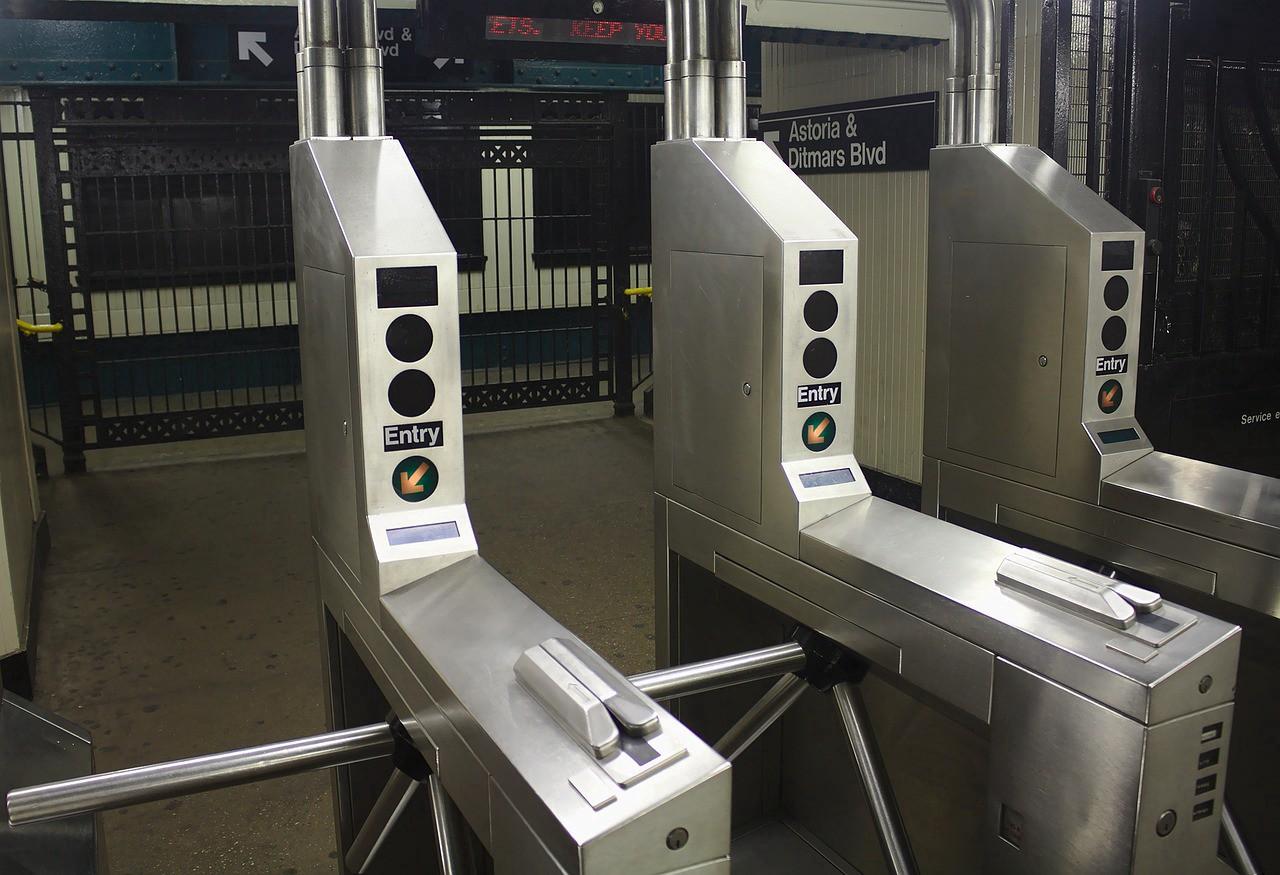Commentary: Ripping Off Cy Vance’s Mask
On October 19th, a few dozen public defenders and grassroots activists showed up outside the Manhattan District Attorney’s Office to rip the reformer mask off of one of America’s most well-known prosecutors.

On October 19th, a few dozen public defenders and grassroots activists showed up outside the Manhattan District Attorney’s Office to rip the reformer mask off of one of America’s most well-known prosecutors. While Cyrus Vance is deservedly being raked over the coals for his non-prosecution of Harvey Weinstein, the most disastrous legacy of prosecutors like him is that they haveprosecuted poor, everyday people for low-level, nonviolent offenses while enjoying reputations as reformers.
As speakers from groups like VOCAL-NY and Why Accountability broke down Vance’s role in the meatgrinder of New York City’s criminal justice system, a long line continued to grow outside criminal court, which was across the street. Everyone on the line, as usual, was Black or Latino and you’d be hard pressed to find anyone on that line who thought the justice system was anything but a conveyor belt of punishment.
So as reporters, hungry for quips about Vance or Weinstein, crowded around our rally, it occurred to me that Vance wouldn’t have been able to pass himself off as a reformer without their help. Take, for example, Vance’s announcement this past summer that he’d stop prosecuting people arrested for fare-beating in Manhattan, the classic Broken Windows policing arrest. Local media outlets, of course, drank in the tale of the merciful, progressive prosecutor.
“Manhattan DA will end criminal prosecution of fare beaters this fall,” read a Gothamist headline. The Atlantic said Vance “would stop prosecuting fare beating, offering alternatives like community service instead of criminal charges.” NPR’s Marketplace headline even went so far as to proclaim that “New York won’t arrest you for stealing a subway ride anymore,” which is a strange take considering it’s police, not prosecutors, who do the arresting in New York City.
But months after the headlines, you can still get arrested for jumping the turnstile in Manhattan and, in many cases, you’ll still get prosecuted. Indeed, looking closer at Vance’s proposal, you can see that the Manhattan DA’s mercy will be extended for cases “unless there is a demonstrated public safety reason to do so.” This means that Vance’s prosecutors, with strong influence from arrest-obsessed NYPD, can, and will, make exceptions.
While the press marveled at the notion of a prosecutor vowing to not prosecute, most public defenders I spoke with pointed out the problems with Vance’s announcement from the very beginning. For starters, transit recidivists (i.e. people who’ve had multiple transit arrests, like, say, someone who’s been arrested for fare-beating twice), will more than likely not benefit from Vance’s proposal. And there are, of course, other key questions.
What about people who are on parole or probation? Will those with felony convictions avoid prosecution? And what will happen to those who didn’t want to do community service or diversion programs? There is also the bigger picture question as to whether having to perform community service or being mandated to attend a diversion program is a fair way to deal with someone who is too poor to afford the fare (hint: it’s not).
The ballyhooed announcement raised concerns and questions and we (The Coalition to End Broken Windows) criticized it shortly thereafter in July. Still, Vance, with fawning approval from the media, successfully stuck another reform feather in his cap — at least until the Weinstein scandal broke.
So it came as little surprise that stories eventually would start to roll in about Vance, you know, prosecuting farebeating cases. Volunteers with Police Reform Organizing Project’s court monitoring program saw at least two farebeating prosecutions during their most recent visit to Manhattan criminal court two weeks ago. A public defender also tweetedthat week that 12 people had been prosecuted for fare-evasion by Vance in one 8-hour stretch alone. If this sounds familiar it’s because this dynamic also played out in 2014 when the Brooklyn DA’s Office, under the late Ken Thompson, announced they kinda, sorta wouldn’t prosecute low-level marijuana possession cases — except when they would.
So yea, Weinstein’s non-prosecution exposes a criminal justice system that favors the rich and influential but let’s not lose sight of the prosecutors and re-faux-mers who have their hands on the levers of power and continue to hurt people on a daily basis despite attempts to brand the criminal justice system as kinder and gentler.
